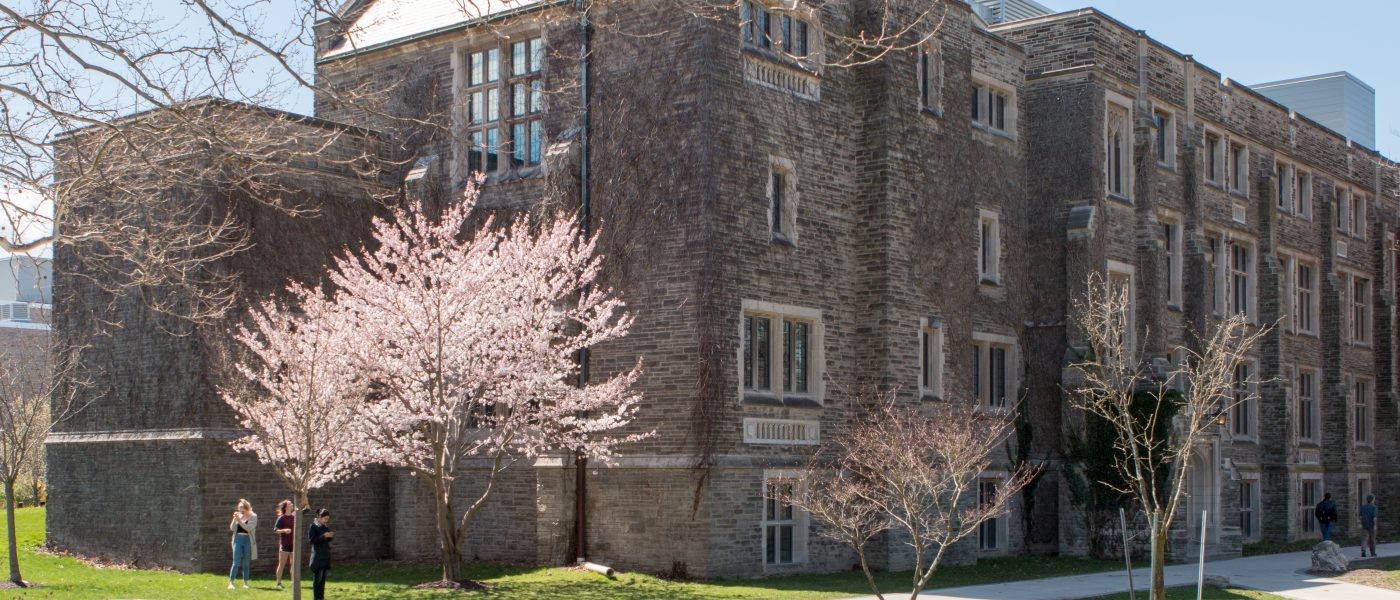This research theme is concerned with the dynamics between space, place and aging. With regard to spaces, certain theme members hold traditional geometrical understandings of space. This leads them to map and model the distributive features of age-related phenomenon over medium to large areas. Meanwhile other theme members are interested in the idea of space(time). This leads them to investigate how age-related phenomena emerge in it; in the vital, immediate, moving moment. With regard to places, certain theme members understand these as more than just locations, as complex social and cultural phenomenon that are lived and deeply felt. This leads them to investigate their facilitation of meaningful experiences, connections and identities in older age. Meanwhile other theme members understand places more as assemblages of resources and influences. This leads them to investigate how they generate particular age-related realities.
Such understandings of space and place provide valuable insights into numerous aging topics and issues, but particularly those that are inherently ‘spatial’ themselves such as aging planning and design; mobility and aging; aging in place; aging migration; home and community-based care; aging housing; urban and rural aging; aging and wayfinding; aging lifeworlds; aging and accessibility; aging and transportation; aging and environmental health; aging and climate change; aging and pandemics; globalization and aging; and age-friendly environments.
Examples of specific projects include Dr. Gavin Andrews theoretical work on how aging occurs processually across contexts (aging emerging through relational material assemblages; aging enacted by open vital bodies; aging performed in immediate space-times) with Gombay, for a SSHRC grant entitled: Inhabiting altered worlds: sensory experiences following traumatic brain injuries; a CIHR Horizon grant with McGillion, Devereaux, Peter, Scott and Doyle titled “SMILE: Providing digitalised prevention and prediction support for ageing people in smart living environments”; Baxter (PI) and colleagues, Acai, Parry, Innes, A., Lawrence, Elmi, and Kimber) recently funded SSHRC: New Frontiers in Research Fund project on: Understanding how to promote post-pandemic recovery in South Asian women caregivers of older adults living in multigenerational households: A mixed methods approach to identifying needs and gaps in social and health services; and Chi-Ling Innes and Costas three year Juravinski Institute funded study – Improving equitable access to integrated primary care in residential care facilities: The Juravinski Integrated Residential Care Initiative


